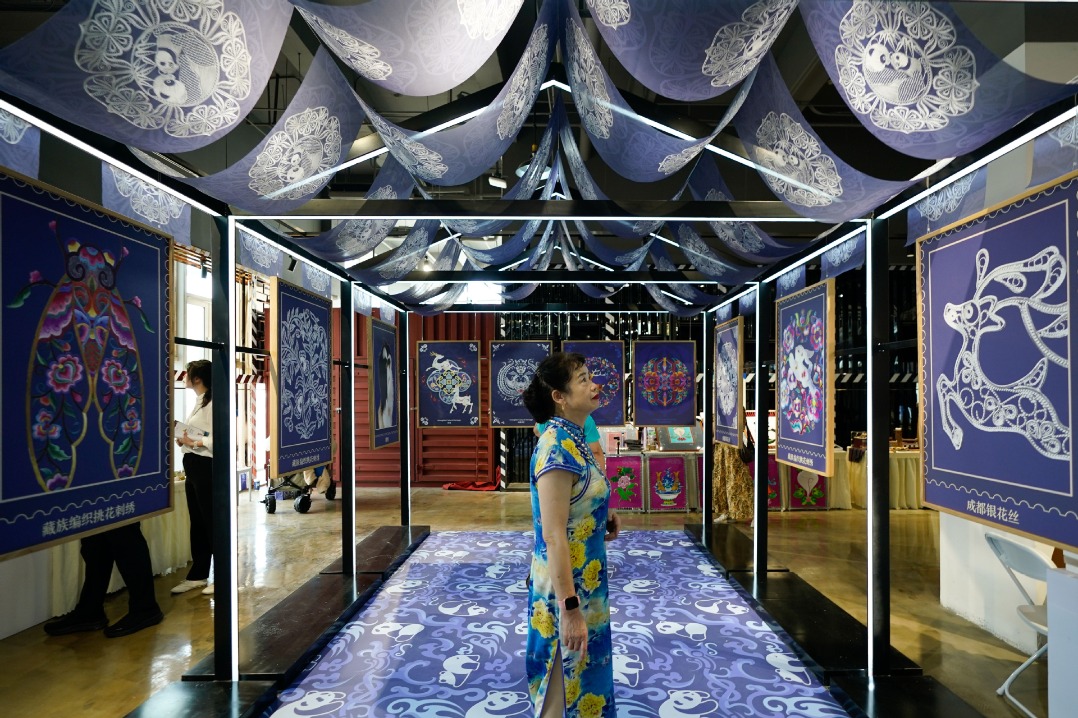China refutes baseless accusations at Shangri-La Dialogue

The head of the delegation from China's People's Liberation Army National Defense University attending the Shangri-La Dialogue in Singapore called accusations made by certain countries, including the United States, against China as baseless, saying that these accusations are intended to incite confrontation and destabilize the Asia-Pacific.
Hu Gangfeng, who is also the vice-president of the PLA National Defense University, emphasized in his panel speech that China does not accept these unfounded allegations, which were unpopular and doomed to fail.
On Saturday morning, US Defense Secretary Pete Hegseth delivered a keynote speech at the high-end security summit, hyping the so-called China threat.
Hu pointed out that, on one hand, the maritime security situation in the region is generally stable, with no military conflicts at sea in the Asia-Pacific for many years, noting that the South China Sea remains one of the safest and busiest maritime routes in the world.
However, he noted that on the other hand, maritime security in the Asia-Pacific faces severe challenges.
"Certain countries are recklessly pushing for exclusive and confrontational blocs, significantly increasing their military presence, and frequently infringing on other countries' territorial sovereignty and maritime rights under the pretext of so-called freedom of navigation."
In addition, they deliberately support "Taiwan independence" separatist forces, severely undermining peace and stability in the Taiwan Strait, he said, warning that maritime security cooperation in the Asia-Pacific faces severe challenges that require progress to prevent regression.
China's development began in the Asia-Pacific, has benefited from it, and has contributed to it, the delegation leader said, highlighting that China has consistently emphasized common security and the proper resolution of disputes and conflicts.
"China respects ASEAN's centrality and addresses territorial sovereignty and maritime rights disputes through negotiation and consultation," Hu said.
He cited a series of examples, such as the completion of the Beibu Gulf demarcation with Vietnam, the signing of an intergovernmental consensus document on maritime joint development with Indonesia, and the initiation of bilateral maritime dialogues with Malaysia, aiming for China's comprehensive dialogue mechanisms with South China Sea stakeholders.
Furthermore, China is committed to establishing maritime communication and trust-building mechanisms, firmly safeguarding the freedom and safety of navigation, said Hu.
"China is also working with ASEAN countries to fully and effectively implement the Declaration on the Conduct of Parties in the South China Sea and is actively advancing consultations on the Code of Conduct in the South China Sea," he said.
The delegation head also proposed three initiatives: First, to adhere to true multilateralism, opposing the use of Asia-Pacific waters as an arena for hegemony, and firmly rejecting illegal acts that create division, hinder unification, and harm the core interests of sovereign states.
The second is to uphold sincere dialogue and consultation, allowing direct parties to peacefully resolve territorial and maritime rights disputes through friendly negotiations, he said.
The last should be maintaining equal exchanges and mutual learning, adhering to an Asian security model based on shared safety, seeking common ground while reserving differences, and engaging in dialogue and consultation, the PLA representative said.
- China refutes baseless accusations at Shangri-La Dialogue
- Dragon boat competition takes place in Guangzhou
- Celebrating Children's Day with Zhu Xi's legacy
- Explosion at chemical plant in North China kills 5
- China's railway travel surges as Dragon Boat Festival holiday begins
- Shanghai street treasure hunt: A taxi driver speaks 4 languages




































